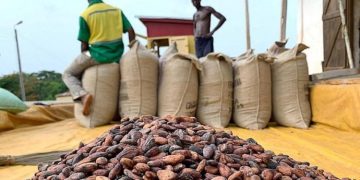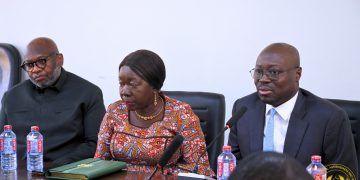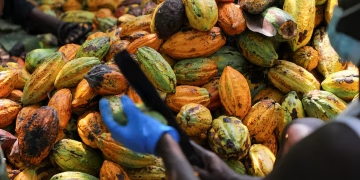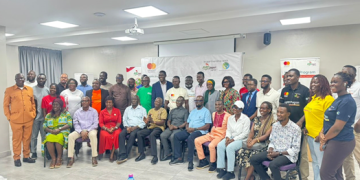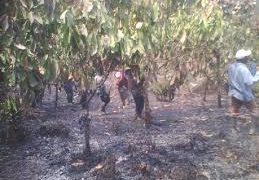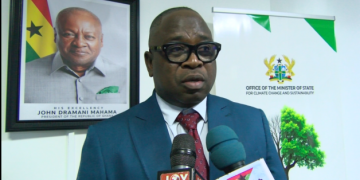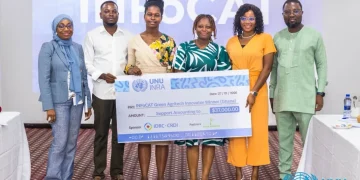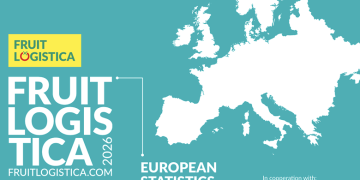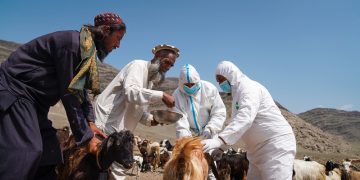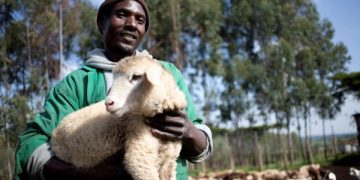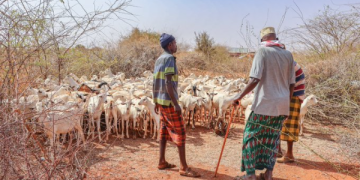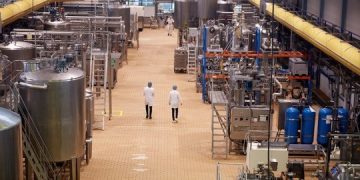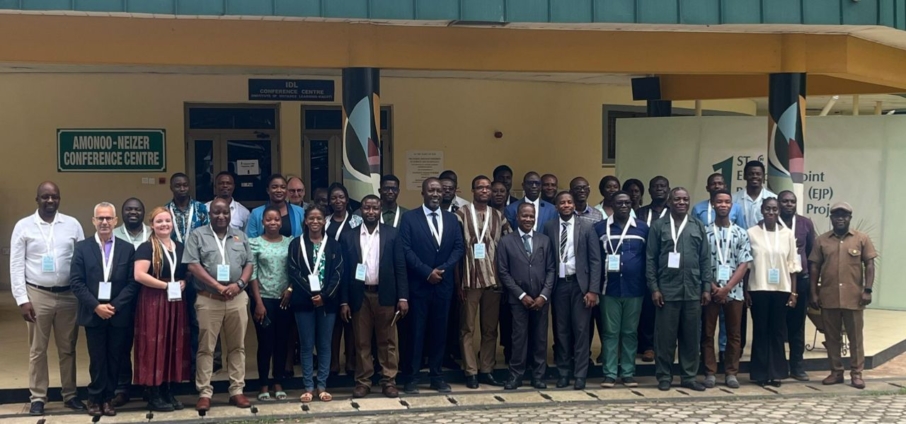A global coalition of agricultural researchers and policymakers is championing regenerative agriculture as the next frontier for sustainable food production, farmer income diversification, and climate resilience in Ghana and across Africa.
The initiative, led by a consortium under the European Joint Programme (EJP) C-arouNd project, is driving research into sustainable land management practices that restore soil health, enhance productivity, and cut greenhouse gas emissions.
As food demand increases amid declining soil fertility and climate pressures, experts are calling for a shift from conventional practices—such as overreliance on chemical fertilizers and slash-and-burn cultivation—to regenerative farming systems that revitalize soil ecosystems and capture carbon.
Globally, agriculture accounts for roughly 11 percent of greenhouse gas emissions, much of it linked to unsustainable production methods.
The EJP C-arouNd project seeks to address this by studying how short- and long-term farm management affects soil organic matter and carbon storage, with the goal of integrating these findings into national climate inventories and policy frameworks.
Convener of the project, Dr. Caleb Ocansey, explained that regenerative agriculture offers farmers a pathway to both environmental and financial gains.
“We are promoting local, nature-based solutions that help retain carbon in the soil,” he said. “When farmers leave biomass on the land, they filter the environment and store carbon. These efforts must translate into tangible benefits for them.”
Dr. Ocansey added that the adoption of carbon credit systems could create new income streams for farmers who adopt climate-friendly practices.
“Farmers should be able to monetize these environmental services, but that requires a transparent and traceable carbon accounting system,” he emphasized.
He also highlighted the need for timely access to farm inputs and localized digital advisory tools, ensuring that smallholders can adopt regenerative practices effectively.
Co-principal investigator Dr. Abad Chabbi emphasized that the European Joint Programme aims to consolidate global soil data, particularly from regions like Africa, where information gaps remain.
“We need comprehensive data to improve modelling accuracy and reduce uncertainty,” he explained. “Climate change affects everyone, and collaboration is key. All the data we collect remain open-access, as our goal is scientific advancement, not profit.”
Adding his voice, Dr. Hupenyu Allan Mupambwa of the University of Namibia stressed the need for increased investment in climate adaptation for smallholder farmers.
“Smallholders are on the frontline of climate change yet have the least capacity to adapt,” he noted. “Science-backed policy helps governments channel investments where they deliver the highest economic and social returns.”
He emphasized that targeted research and funding can accelerate progress toward the UN Sustainable Development Goals, particularly Zero Hunger and Climate Action.
Head of Crop and Soil Sciences at KNUST, Professor Vincent Logah, warned that Ghana’s growing population will place unprecedented pressure on food systems. He called for a blend of indigenous knowledge and modern science to strengthen soil carbon stocks and promote diversified cropping systems.
“As our population grows, food demand will soar. We must farm sustainably to prevent soil degradation and ensure long-term productivity,” he said.
Researchers say regenerative agriculture could unlock new opportunities for Ghana’s agricultural economy—lowering fertilizer costs, improving yields, attracting private investment, and powering data-driven agritech innovations.
By integrating scientific evidence with farmer experience, the consortium hopes to shape stronger agricultural policies that enhance livelihoods, restore ecosystems, and position regenerative agriculture as a profitable and scalable model for Africa’s future food economy.
Source : myjoyonline














